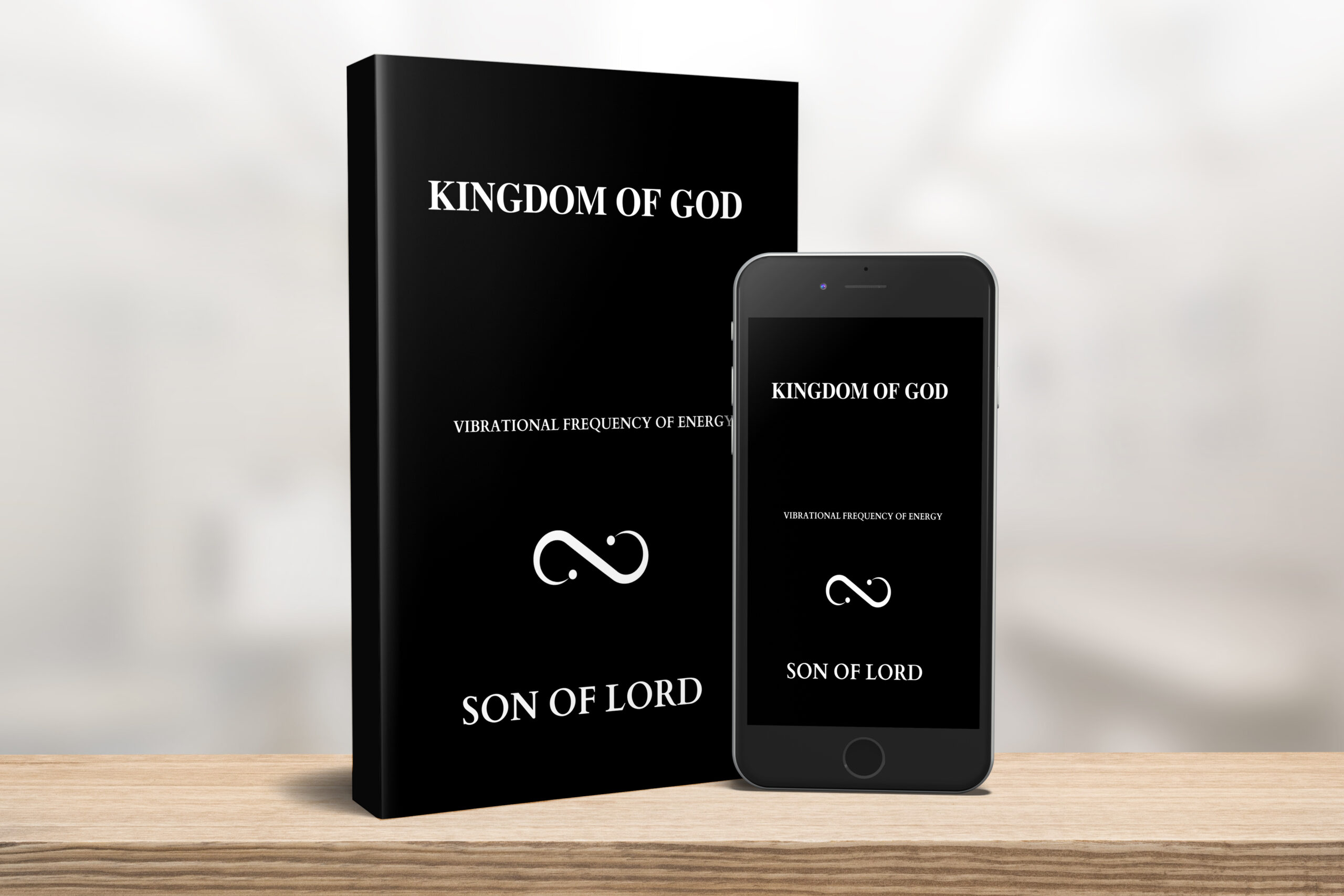Understanding the Kingdom of Jesus Christ: A Theological Exploration
The concept of the Kingdom of Jesus Christ is one that has been pivotal in theological discussions, spiritual understandings, and the practical implications of Christian life throughout history. This vast topic encompasses a myriad of themes, including the nature of God’s reign, the implications of Jesus’ teachings, and the eschatological aspects of the Kingdom. This blog post aims to explore the multifaceted dimensions of Christ’s Kingdom, tracing its biblical foundations, its manifestation in the present world, and its ultimate fulfillment.

Biblical Foundations of the Kingdom
At the heart of Christian doctrine is the understanding of the Kingdom of God, which Jesus articulated through parables, sermons, and actions. The Gospels, particularly Matthew, reference the Kingdom frequently, illuminating its significance in Christ’s ministry. Jesus’ declaration in Matthew 4:17, “Repent, for the Kingdom of Heaven is at hand,” marks the commencement of His earthly ministry. This statement served as a clarion call, urging listeners to recognize the nearness of God’s reign through Jesus himself.
Theological scholars often distinguish between the ‘already’ and ‘not yet’ aspects of the Kingdom. This duality, grounded in scriptural texts, illustrates that while the Kingdom of God has been inaugurated through Jesus’ death and resurrection, its complete fulfillment remains a future hope. In the present, believers experience the Kingdom through the transformative power of the Holy Spirit and the establishment of communities of faith, while in the eschatological sense, the Kingdom will be fully realized in the second coming of Christ.
The Nature of Christ’s Kingdom
To fully grasp what the Kingdom of Jesus Christ entails, one must consider its nature, characterized by certain qualities that starkly contrast with worldly kingdoms. The Kingdom is often described in terms such as righteousness, peace, and joy in the Holy Spirit (Romans 14:17). It transcends political boundaries, societal structures, and human power dynamics.
- Righteousness: Central to the Kingdom’s ethos is the principle of divine justice. In Matthew 5:6, Jesus proclaims, “Blessed are those who hunger and thirst for righteousness, for they shall be satisfied.” Here, the Kingdom is depicted as a realm where moral integrity and ethical living are paramount. This righteousness is not merely a passive state but an active pursuit, encouraging believers to live in accordance with God’s will.
- Peace: The Kingdom of God is also a kingdom of peace, where the harmony found in God’s presence negates conflict and strife. Jesus, often referred to as the Prince of Peace (Isaiah 9:6), demonstrates how the Kingdom brings reconciliation—both among individuals and communities. His teachings on forgiveness, such as in Matthew 6:14-15, highlight the importance of interpersonal peace, reflecting the character of God’s Kingdom.
- Joy: Integral to the Kingdom is the experience of joy rooted in divine fellowship and the assurance of salvation. In John’s Gospel, Jesus asserts, “I came that they may have life and have it abundantly” (John 10:10). This abundant life is not contingent upon external circumstances but is reflective of being in relationship with God, a key element of the Kingdom experience.
Present Manifestation of the Kingdom
The Kingdom of Jesus Christ is not solely a future hope but a current reality experienced by believers. This present manifestation can be observed through the work of the Church, the body of Christ on earth. The Church acts as an agent of the Kingdom, embodying its values and promoting its tenets in society.
The Sermon on the Mount, detailed in Matthew 5-7, serves as a foundational teaching on how citizens of the Kingdom are to live. Here, Jesus outlines the attitudes, behaviors, and ethical considerations that reflect the nature of the Kingdom. The Beatitudes, for instance, embody the countercultural ethos of the Kingdom, reversing societal expectations of power and privilege. Those who are poor in spirit, meek, and persecuted are declared blessed, showcasing the upside-down nature of God’s reign.
Moreover, the Church is called to action in its mission to spread the Gospel, serve the oppressed, and advocate for justice. Through acts of service, compassion, and outreach, believers help to manifest the Kingdom in tangible ways, providing glimpses of God’s love and righteousness to a world yearning for hope.

Eschatological Fulfillment of the Kingdom
While the Kingdom of God is realized in the present, its ultimate fulfillment lies in the future. This eschatological dimension is a critical theme in Christian theology, representing the consummation of God’s redemptive plan when Christ returns. Biblical prophecies, such as those found in the Book of Revelation, speak of a new heaven and a new earth, where God’s Kingdom will reign forever without opposition.
Revelation 21:4 captures the hope of the Kingdom’s fulfillment poignantly: “He will wipe every tear from their eyes. Death will be no more; grief, crying, and pain will be no more, because the previous things have passed away.” Such powerful imagery encapsulates the essence of the fully realized Kingdom—a realm where God dwells with humanity in perfect harmony.
Believers live with the assurance that this hope, anchored in the promises of Scripture, motivates their present actions and perspectives. The anticipation of the Kingdom encourages Christians to persevere in faith and obedience, fostering a spirit of hopefulness amid life’s trials.
Conclusion
In conclusion, the Kingdom of Jesus Christ is a profound and multifaceted concept that encompasses both the present and future reality of God’s reign. It invites believers to embrace the transformative power of righteousness, peace, and joy while actively engaging in the world around them to reflect Christ’s love and teachings.
Understanding the Kingdom’s depth challenges individuals and communities to embody its principles in everyday life, engaging with the society faithfully and missionally. Ultimately, as Christians anticipate the full realization of God’s Kingdom, they find strength in the promise of eternity, where God’s reign will be established in all its fullness.
The Kingdom of Jesus Christ is, therefore, an invitation—to live intentionally in the light of His truth, to seek justice and mercy, and to flourish in the hope of a future where all creation is restored in Him.
Shop Now






